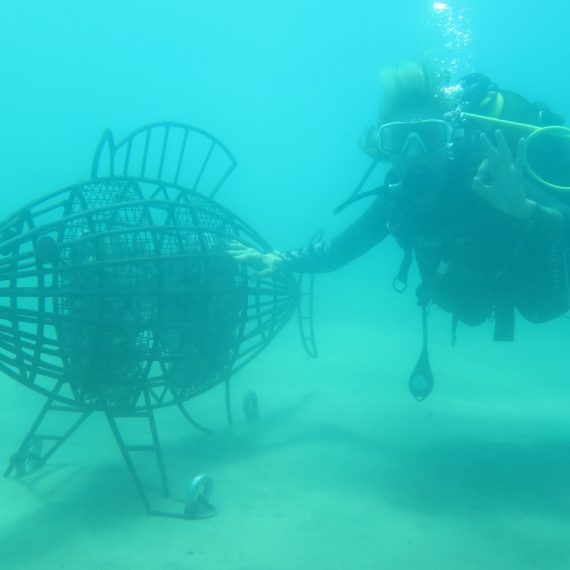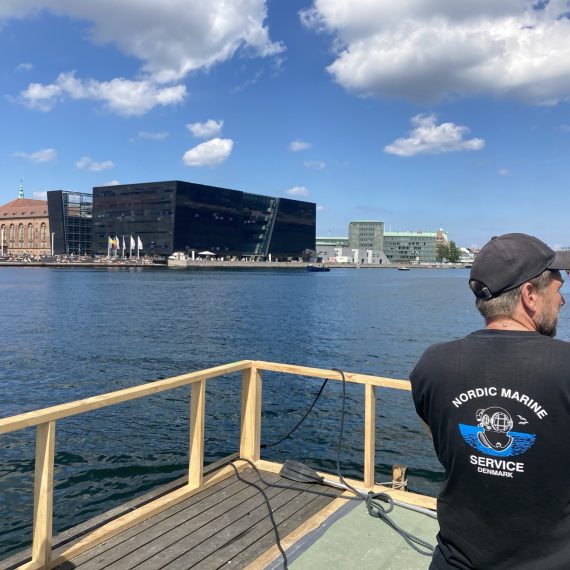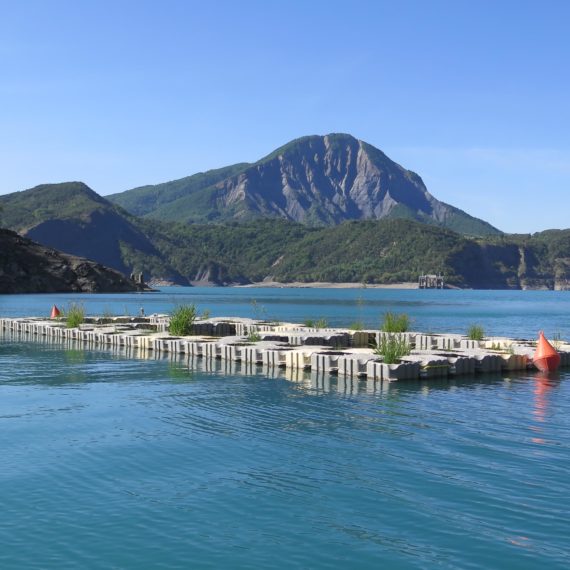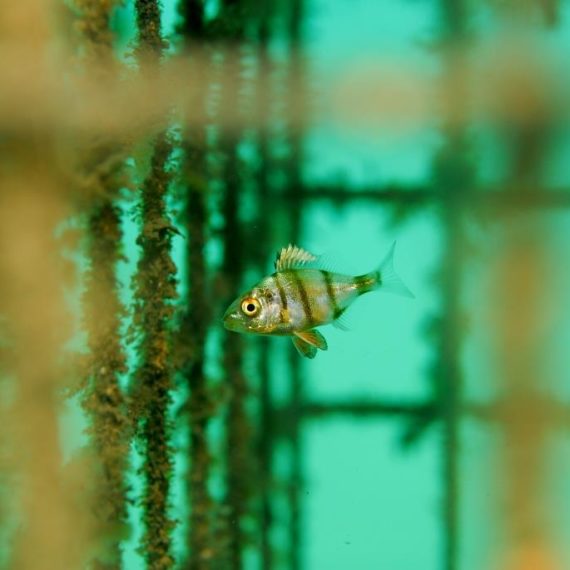DELTAMAR, new generation of ecological moorings (ongoing)
ECOLOGICAL MOORINGS WITH NEVER TESTED MATERIALS!
For decades, to build maritime protections (dikes or rockfill jetties, tombolos, embankments, underwater cable protection…), Man has been destroying mountains and exploiting quarries to transport huge stones to the sea. These extractions and maneuvering are polluting, energy-consuming, and CO2 emitting. Alternatives should be put in place. And they exist, because materials from steel mills, an essential industry for the construction of many structures, are still not exploited enough at sea.
The project is led by ECOCEAN with the support of various technical and scientific partners such as Arcelor Mittal, the UPVD-CREM of Perpignan, CHORUS, and JIFMAR.
The project, accredited by the Pôle Mer Méditerranée, is a winner of the APP Avenir Littoral 2020 and is financially supported by the Occitanie Region.
The DELTAMAR project, led by ECOCEAN, offers to evaluate the ecological efficiency and technical feasibility of the implementation of heavy modules, placed on the seabed, and made from products and co-products of the metallurgical industry (steel crates filled with steel slag from conversion) and shellfish farming (oyster shells). To do this, the consortium will design, and manufacture steel traps filled with LAC, install them for 12 months on the existing artificial reef area of Leucate and carry out scientific monitoring at sea of the various biological compartments. The levels of chemical contamination will also be assessed using the RINBIO network protocol designed by Ifremer and AERMC and using a mussel caging technique.
Numerous environmental monitoring are planned throughout the DELTAMAR project: sediment analyses before/after immersion, monitoring of metallic contaminants contained in the water and in the marine fauna/flora, monitoring of marine populations, acoustic monitoring, and physical monitoring of the LAC.
By attesting to the non-dangerousness of this material in the marine environment, the LACs, considered co-products or waste, could be enhanced in marine construction in order to reduce the production of concrete or the exploitation of natural land rocks.




